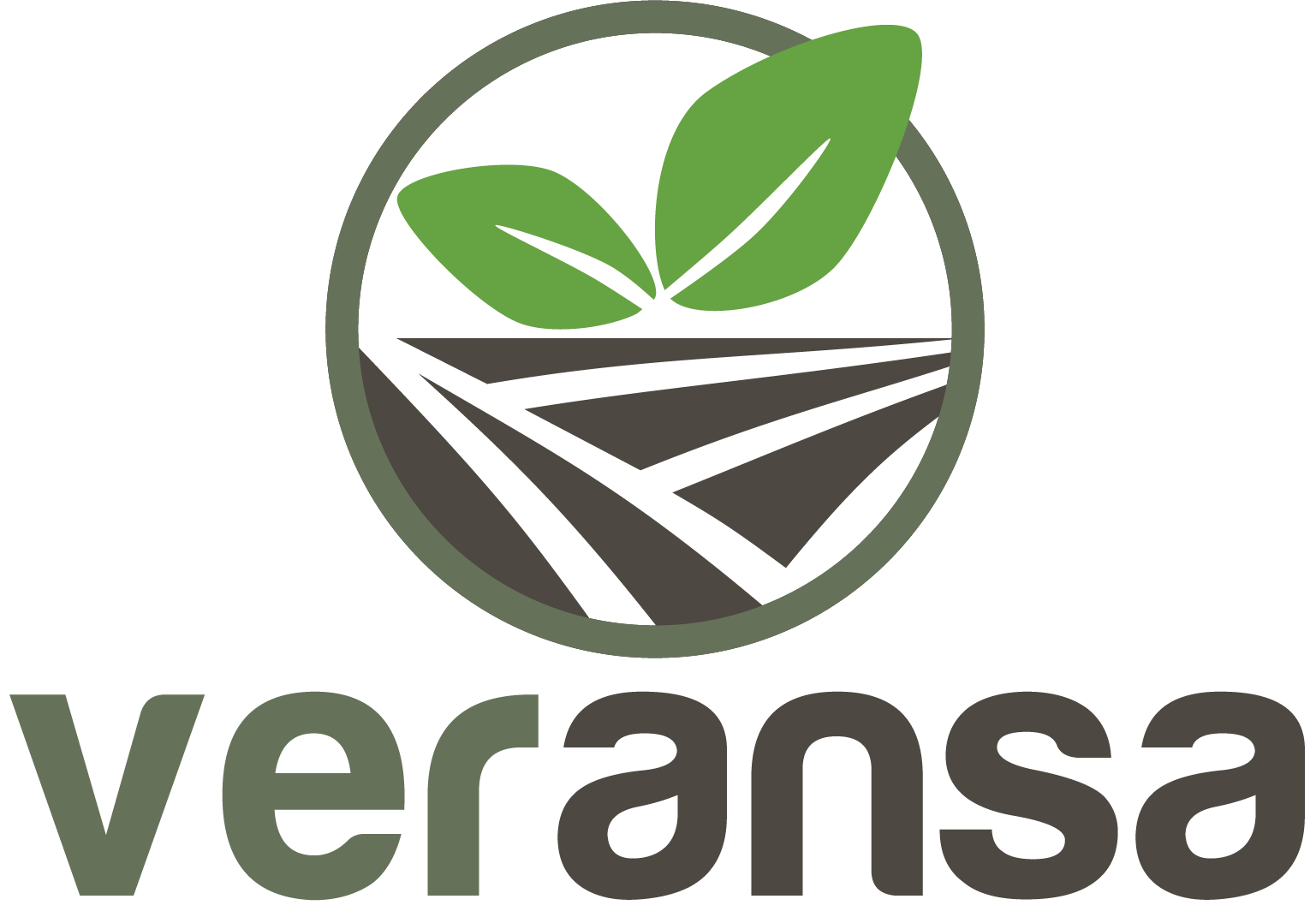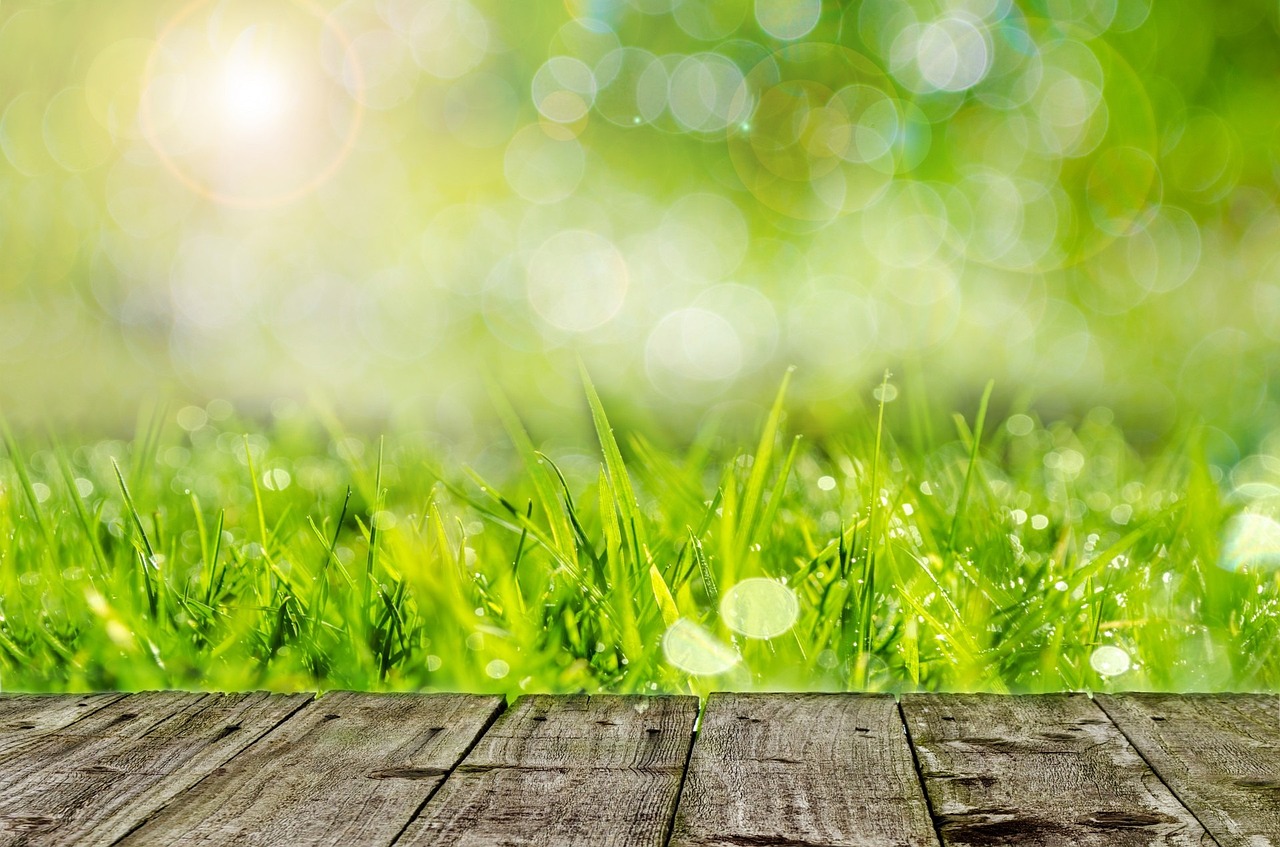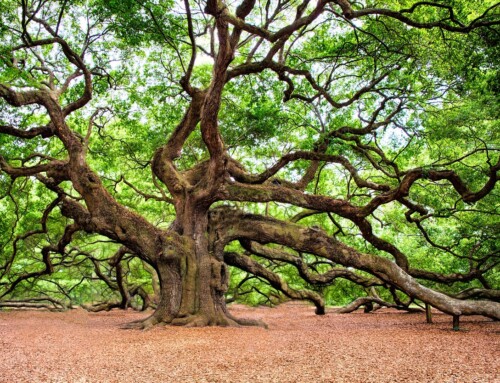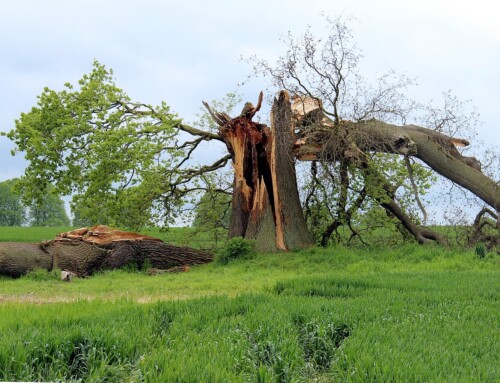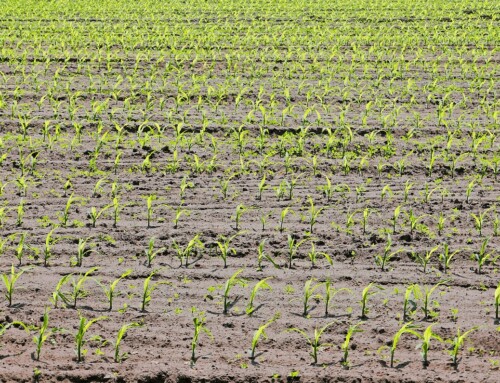Managing pests in your Florida lawn and garden using natural methods is effective and environmentally friendly. Too many pesticides are harmful to our overall ecosystem, especially our water supplies – so it is important to consider alternative ways to deal with these landscaping nuisances. Here is a comprehensive guide to some common pests in Florida and some natural ways to fight against their proliferation.
Common Pests Afflicting Your Florida Lawn
Chinch bugs are small insects (about 1/6 inch long) with black bodies and white wings. They suck the sap from grass, causing yellowing and eventually killing patches of turf, especially St. Augustine grass. One natural control method is beneficial nematodes, which are microscopic organisms that can be applied to the soil to control chinchbugs effectively. Diluted neem oil can also be sprayed on affected areas to repel chinch bugs, as it disrupts their feeding and reproduction cycles. Regular watering and proper fertilization help keep the grass healthy and more resilient to chinchbug damage.
Whiteflies are small, white insects that resemble tiny moths, often found on the underside of leaves. They suck sap from plants, causing leaves to yellow, wilt, and eventually die. Soap spray, which is a mixture of mild soap (such as Castile soap) and water, can be sprayed on plants to suffocate and deter whiteflies. Homeowners can take steps to encourage natural predators like ladybugs, lacewings, and predatory mites, which feed on whiteflies.
Grubs are the larvae of various beetles, such as June bugs, that feed on grassroots. Grubs can cause significant damage by feeding on grassroots, leading to brown patches in lawns. Nematodes can be applied to the soil in late summer or early fall when grubs are active. Nematodes infect and kill grubs without harming beneficial organisms. Milky spore is a naturally occurring bacterium that infects and kills Japanese beetle grubs over time. It’s effective but requires patience as it builds up in the soil.
Aphids are small, soft-bodied insects that come in various colors (green, black, yellow) and cluster on new growth. They suck sap from plants, causing leaves to curl, turn yellow, and distort. They also excrete honeydew, promoting sooty mold growth. Homeowners can use a strong stream of water to dislodge aphids from plants and repeat as necessary. They can also plant flowers like marigolds, nasturtiums, and dill near susceptible plants to attract beneficial insects that prey on aphids. Another natural home method is a garlic-infused spray made from garlic cloves with water, which is strained and sprayed on affected plants, repelling aphids.
Snails and slugs are soft-bodied mollusks that leave slime trails and feed on tender plant foliage. They can devour young plants and seedlings, leaving ragged holes in leaves. Homeowners can Create barriers using copper tape or strips around garden beds and containers that produce an electric charge to kill snails and slugs. Shallow dishes filled with beer can be placed in the soil, attracting snails and slugs who then fall in and drown. Homeowners or landscapers should regularly inspect plants and manually remove snails and slugs, disposing of them.
The Role of Organic Mulch in Pest Control
Another fantastic way to prevent the proliferation of pests. By applying organic mulch, homeowners can deter pests and mitigate the spread of diseases within agricultural systems. Mulch provides a physical barrier that can prevent pests from reaching plant stems and roots. Not only that but as these materials decompose, they foster a healthy soil ecosystem teeming with beneficial microorganisms. These microorganisms can outcompete or directly antagonize soil-borne pathogens, thereby reducing the incidence of diseases.
A mulched garden or landscaping bed is likely to attract and sustain a higher diversity of predatory insects and other organisms that feed on common pests. This biological control is a key component of integrated pest management strategies and contributes to the reduction of chemical pesticide use.
In Conclusion
Natural pest control methods are effective for managing pests in your Florida lawn and garden while minimizing harm to the environment. By using beneficial insects, natural sprays, and mulching practices, you can maintain a healthy and thriving garden without relying on synthetic chemicals. Observing your plants regularly and taking prompt action when pests are detected will help keep pest populations under control and ensure your garden remains vibrant throughout the growing season.
The Veransa Group is a trusted partner for recycling and repurposing yard and wood waste into organic mulch, compost and soil. Click here to learn more about sustainable products that work to protect Florida’s local environment.
